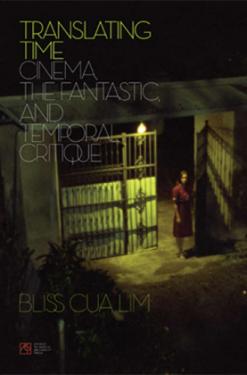
In Translating Time, Bliss Cua Lim argues that fantastic cinema depicts the coexistence of alternative modes of being alongside and within the modern present, disclosing multiple "immiscible temporalities" that strain against the modern concept of homogeneous time. Lim conceptualizes the fantastic as a form of temporal translation that renders supernatural agency in secular terms while also exposing an untranslatable remainder, thereby undermining the fantasy of a singular national time and emphasizing shifting temporalitiesof transnational reception. Interweaving Bergsonian visuality with postcolonial historiography, Lim analyzes Asian American video (On Cannibalism), ghost films from the New Cinema movements of Hong Kong and the Philippines (Rouge, Itim, Haplos), Hollywood remakes of Asian horror films (Ju-on, The Grudge, A Tale of Two Sisters) and a Filipino horror film cycle on monstrous viscera suckers (Aswang). Translating Time theorizes the fantastic as a mode of resistance to the ascendancy of homogeneous time and a starting point for more temporal imaginings.
Published in 2011.
Copublication with Duke University Press.




